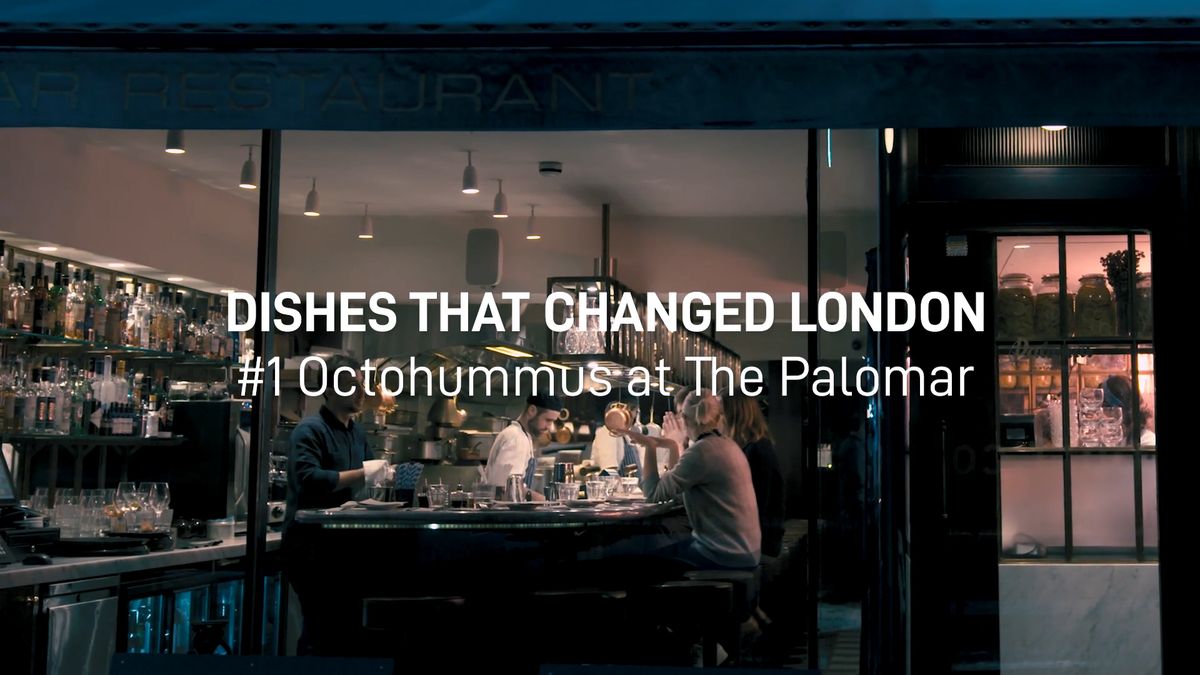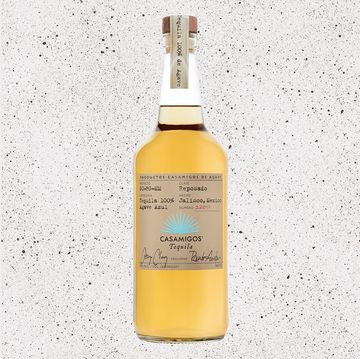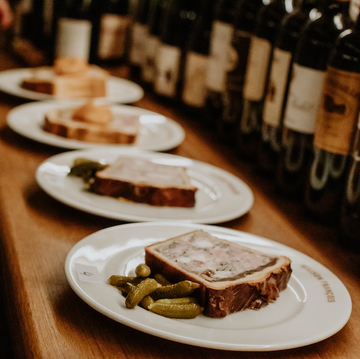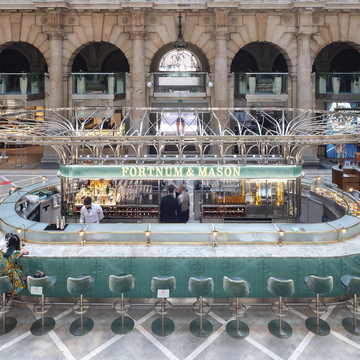Everybody hates something. The Archers, ballroom dancing, tinsel, slugs or Piers Morgan, we all have a peeve that gets our dander up. Most of us are familiar with the 17th century adage, "one man's meat is another man's poison." Likewise the 21st century equivalent, the advertising campaign for Marmite, is so culturally ingrained in us that the brand name is synonymous with anything that elicits a reaction of either love or hate. When it comes to food, there are some ingredients and dishes that are simply culinary kryptonite.
I grew up in a suburban, three-bedroomed semi in Hounslow, West London. I was one of six boys and, trust me, when it came to meal times we greedily wolfed everything that was put in front of us. On the mean streets of Middlesex, there was no time for fussy eating. If it was on the table, and there was a knife and fork either side of it, you bloody well ate it.
One dark dinnertime when I was 10, however, a large slab of something unfamiliar was placed in front of me. It was gelatinous, luminous yellow, fluffy on top, and it wobbled. My stomach lurches now just thinking about it. Despite a few tentative forkfuls I just couldn't get on with it and pushed it aside. But my stepfather was in one of his rather austere, Victorian moods and he insisted I finish it. Every. Last. Mouthful.
I gagged like a cat with furballs and I thought I was going to blow chunks. I wiped away tears as they ran down my cheeks. What was it? Lemon meringue pie. My reaction was a defining one: to this day, I absolutely detest the stuff.
In the intervening years, there's been only one other ingredient that's made me heave in quite the same way, and that's tripe. Come on, you only have to look at the stuff. Anything that resembles an alien's swollen testicles and smells like a Holborn urinal must be given an extremely wide berth.
But sometimes, over time, we learn to love the things we once hated. Olives. Anchovies. Cadbury Double Deckers. Hush Puppies Desert Boots. All once loathed, now loved. Artichokes probably represent the biggest swing in my affections, going from "abhor" to "adore" in about 10 years. They are glorious in the UK at this time of year, as are English peas, just coming into the markets around now. This dish, though Roman in origin, is found all over Italy in the summer and is best enjoyed on a sunny day with a cold beverage. Trust me, you'll love it.
Vignole
Serves 4–6
•
6 baby globe artichokes (or the small purple ones)
•
1kg baby broad beans in their pods
• 1kg English peas in their pods
• 300g chard, chopped roughly
•
6 thick slices prosciutto, cut into ribbons
•
1 large white onion, peeled and finely chopped
•
1 large handful of fresh mint leaves, picked and washed
• 350ml chicken stock
• Extra virgin olive oil
• A large knob of good butter
• Flaky sea salt
• Fresh ground black pepper
Method
1 | Put a small table and a chair out in the garden and sit in the sun to pod all the peas and shell all the broad beans. This, I find, is the most fun I can ever have preparing ingredients (and I always try very hard not to eat all the peas raw, straight from the pod).
2 | Back in the kitchen, bring a large pan of salted water to the boil and add the artichokes. Blanch for 8mins until just tender — you can test this by pushing a knife into the hearts, which should offer little resistance if they're ready — and then drain. When they have cooled, peel off and discard the hard outer leaves. Scoop out the choke with a spoon and discard. Trim and peel the stem till you reach the tender flesh. Cut each artichoke into quarters and set aside.
3 | In a fresh pan of boiling, salted water, blanch the broad beans for 2mins and then remove with a slotted spoon. Next, add the chard to the same water for 1–2mins and heat until it starts to wilt. Drain and set aside.
4 | Heat two tablespoons of olive oil with the butter in a large saucepan. Cook the onions for 10mins until softened, then pour in the stock and add the peas. Bring to the boil very briefly, add the prosciutto and reduce to a simmer. Let it all bubble gently for 10mins. Then add the chard, artichokes and broad beans and simmer again for another 8–10mins.
5 | Roughly chop the mint and stir it in with a good pinch of salt and a twist of pepper. Adjust the seasoning if necessary before adding a good glug of olive oil, stirring a few times to mix it in. Serve onto warmed plates with a chunk of crusty bread.
Russell Norman is appearing at the Port Eliot Festival: porteliotfestival.com; russellnorman.net














